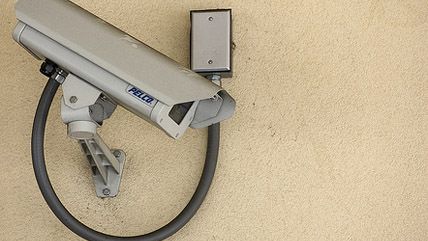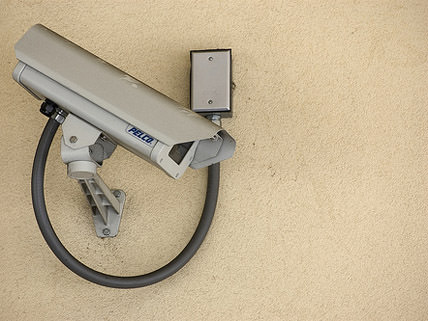Smash the Surveillance State Google Glass!


Sarah Slocum, a tech writer in San Francisco, claims she was harassed and attacked at a bar last weekend for wearing and operating Google Glass. The Los Angeles Times reports:
"I got verbally and physically assaulted and robbed last night in the city, had things thrown at me because of some … Google Glass haters," [Slocum] wrote. She got the Google Glass back but was allegedly robbed of her purse and phone.
One witness later told a television station that some in the crowd were "just rather insulted that someone thinks it's OK to record them the entire time they're in public."
This altercation is reminiscent of two events.
In 2009, a.k.a., the pre-Glass Stone Age, Canadian filmmaker Robert Spence decided to make a documentary about surveillance, and used a small camera implanted in his prosthetic eye to film it. He said at the time, "In Toronto there are 12,000 cameras. But the strange thing I discovered was that people don't care about the surveillance cameras, they were more concerned about me and my secret camera eye because they feel that is a worse invasion of their privacy."
In 2012, an individual known only as "Surveillance Camera Man" began filming random people in Seattle and they consistently flipped out.
Unsurprisingly, people don't like to be watched and recorded. "Glassholes" and other strangers with cameras make people nervous. Yet, as Spence observed, it seems like this fear doesn't extend to the massive, invasive surveillance state.
A recent Reason-Rupe poll found that people trust the IRS more than they trust Facebook. Instead of pushing back against surveillance, a whopping 85 percent of writers are worried that the government is watching, prompting many among them to self-censor, according to a PEN American Survey. This week, a security executive lambasted members of the tech community for be passively accepting malacious government action.
It's certainly an interesting quirk that people lash out against individuals like Slocum and Spence–but collectively shrug while various government agencies at all different levels record virtually every law-abiding citizen everyday in the form of warrantless wiretapping, surveillance cameras on private property, license plate reading, spying through computer webcams and microphones, mail logging, domestic drone use, infiltrating peace advocacy groups, and facial recognition systems to name a few practices and tactics.


Show Comments (35)